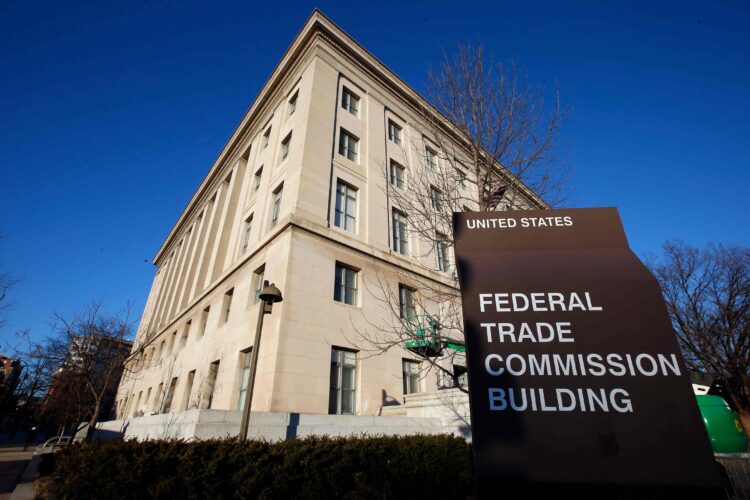The Federal Trade Commission voted on Tuesday to ban noncompete agreements from employment contracts, allowing workers to freely switch to rival companies after leaving a job. The new measure, approved 3-2 by the FTC Democrat majority, has been a longstanding policy goal popular among the general workforce (particularly low-income workers) but is likely to face legal challenges from corporations and large business groups.
Under existing regulations, noncompete agreements exist primarily to prevent high-level executives from switching to rival companies or starting their own businesses within a certain time period after leaving a given company. Ostensibly, this is intended to keep competitors from accessing insider knowledge and trade secrets.
However, in recent decades, noncompetes have become commonplace in most job contracts, meaning that even low-level employees like restaurant workers who do not have access to intellectual property have been subjected to restrictions. A 2022 study indicates that sales staff, engineers, doctors, and hair stylists are the most affected by these agreements. By FTC estimates, one in five American workers—nearly 30 million people—are subject to a noncompete clause in their employment contract.
Learn the benefits of becoming a Valuetainment Member and subscribe today!

According to a statement from the FTC announcing the decision, the ban will “protect the fundamental freedom of workers to change jobs, increase innovation, and foster new business formation.”
“Noncompete clauses keep wages low, suppress new ideas, and rob the American economy of dynamism, including from the more than 8,500 new startups that would be created a year once noncompetes are banned,” said FTC Chair Lina M. Khan. “The FTC’s final rule to ban noncompetes will ensure Americans have the freedom to pursue a new job, start a new business, or bring a new idea to market.”
The Commission further estimates that the ban will lead to $524 in extra annual earnings for the average worker and $194 less in health care costs. It is also expected to lead to the filing of 17,000 to 29,000 new patents each year for the next decade.
Existing noncompete agreements for what the Commission identifies as “senior executives”—accounting for less than 0.75 percent of the American workforce—will be grandfathered in, but employers will be prohibited from drafting or enforcing new noncompetes for all workers including executives.
If left unchallenged, the rule could take effect in just four months…but immediately after the FTC announced the decision, critics vowed to shut it down.
Hours after the FTC vote, the US Chamber of Commerce disclosed plans to sue the Commission for exceeding its legal authority, asking a federal court to invalidate the decision.
“If they can issue regulations with respect to unfair methods of competition, then there’s really no aspect of the U.S. economy they couldn’t regulate,” said Neil Bradley, head of strategic advocacy for the Chamber.
Further legal challenges are expected from other government departments and large business groups, as well as individual states.
Some states have existing laws limiting noncompete agreements, but most do not. Minnesota, Oklahoma, North Dakota, and California are the only states to have full bans, with most others having some degree of restriction based on income level or other factors. A bill proposing a full ban in New York was shot down by Governor Kathy Hochul last year.
Connor Walcott is a staff writer for Valuetainment.com. Follow Connor on X and look for him on VT’s “The Unusual Suspects.”



















Add comment